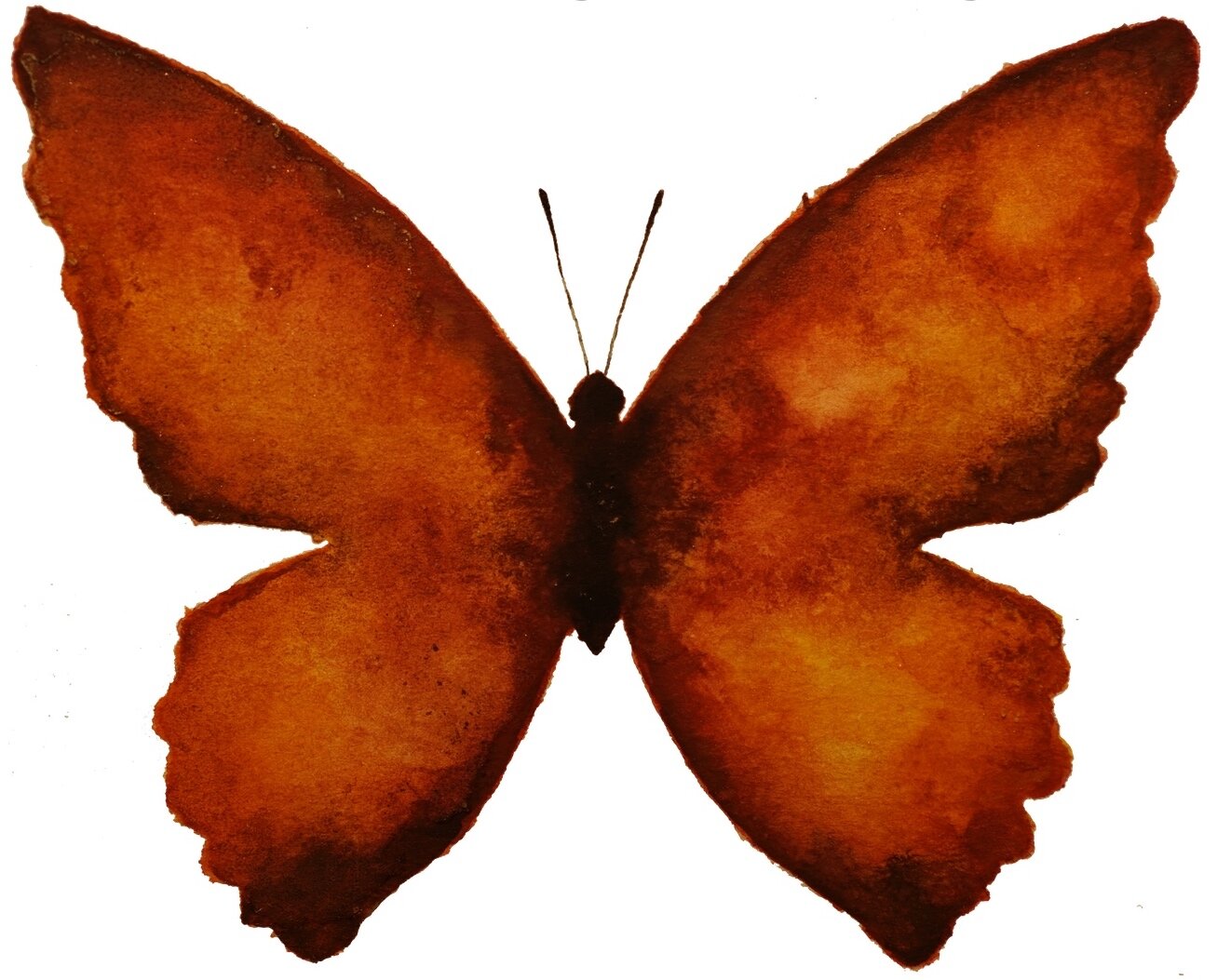425: Ayurveda part 2 - Understanding and Supporting Your Body Mind Type

If you’d like to know more about Ayurveda and discover your mind body type you can take ourDosha discovery quiz once you’ve found your unique mind and body type, you come back and follow the tips in this episode. If you are suffering from the symptoms of anxiety, you will find the tips for balancing vata especially helpful.
How to support the different body types, or doshas, in everyday life
The tendency of the doshas is to increase and go out of balance by going into excess. So when we talk about supporting them, it usually means balancing them with gentle opposites to their nature.
To balance vata:
Vata is increased by cold, change, movement, dryness in food and in the weather. Overstimulation and over-exertion.
The use of gentle opposites gives support and brings vata back into balance. This is very helpful in calming anxiety along with other vata complaints.
Lifestyle adjustments for balancing vata are curling up resting, the child's pose in yoga, warm baths or showers, oil massage (sesame oil is very good for vata massage), walks in nature, especially by water as this has a calming and grounding effect on vata. Gentle breathing exercises are also beneficial.
Touch and calming music are helpful too.
Oil is essential in calming vata. Try massaging your feet with a little sesame oil before sleep and applying oil to the nose and ears on dry, windy days.
Activity should be gentle. Vata energy comes in bursts, be careful not to spend it all. Save 50% of your energy for repair and regeneration. Vata does not respond well to over-exercising and over-exertion in general.
Good spices for vata are cumin, ginger, fennel, turmeric, nutmeg, cardamom and cinnamon.
Warm drinks with a little honey are good too. Warm almond milk with a pinch of nutmeg is good bedtime drink for vata, it is calming, and aids sleep.
To calm the vata mind: Make warmth, quiet and rest part of your day every day. Practice oil massage and learn a calming breathing practice like the Bumble Bee breath which you can find on our Breathe album on CD Baby.
You can schedule a personal Ayurveda Discovery Session with Ananga. Understand your mind and body type and receive personal Ayurvedic Lifestyle recommendations for calming anxiety. These sessions also provide an opportunity to ask questions and start applying Ayurvedic healing principles in your life.
To balance pitta:
The focus in balancing pitta is on cooling and calming its intense fiery nature. Cooling foods, herbs and activities all help to reduce pitta's tendency to overheat.
Foods that are naturally sweet and bitter balance pitta: coconut oil, rice, barley, quinoa, oats and natural sweeteners.
Good spices for balancing pitta are cooling spices: coriander/cilantro, saffron, and fennel. Chewing fennel seeds or sipping fennel tea after meals can cool the pitta stomach which can be prone to acidity.
Choose cooler colours in your clothing and environment like blues and greens and use cooling scents like sandalwood, rose, or jasmine.
To calm the pitta mind: laugh, have fun and relax. Swim, play, walk and avoid competitive activities.
To balance kapha:
Kapha is the opposite to vata, kapha types benefit from stimulation from new experiences and movement. It also benefits from some dryness. Dry brush massage, black and green teas (which are slightly drying in nature).
Exercise is key for kapha, which has good energy and endurance, but likes to hold on to it: brisk walks, active yoga, cycling, running, competitive sports and dancing to upbeat music are all good for keeping kapha active and free from stagnation.
Favour warm, bright colours: orange, yellows and reds and warm, spicy, scents like cloves, cinnamon, eucalyptus, and juniper.
Honey in moderation is the best sweetener for kapha. Otherwise, sweeteners are best avoided.
Warm spices like pepper, cayenne, mustard seed and ginger help warm and clear congestion from the kapha body.
To balance the kapha mind: keep the mind active and positive by reading or good conversations, take brisk walks, assist others, practice dynamic breathing exercises and eat a light warm diet.
These are some general tips, and we hope you’ve found them interesting. Ayurveda offers a wealth of guidance for anyone suffering from stress and anxiety, seeking support from someone trained in Ayurvedic Lifestyle Care can help you understand your unique constitution and give you personalised recommendations for calming anxiety and developing a balanced and peaceful mind.


